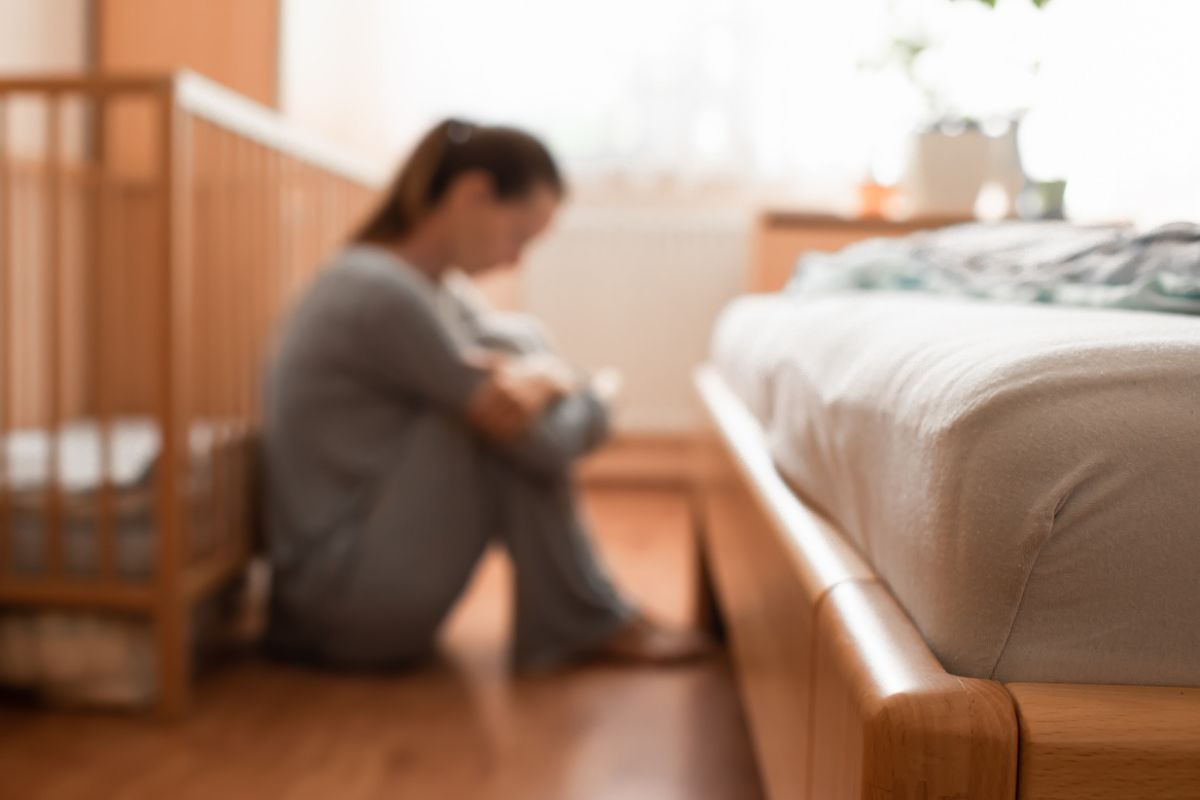A JAMA Psychiatry study of first-time mothers suggests that a history of hormonal birth control use may increase the risk of postpartum depression.
Women are generally more prone to depression compared to men, and hormones seem to play a role. The greatest risk of experiencing depressive episodes starts around the time women get their periods and continues until menopause.
This latest study supports the theory that hormonal contraception raises the likelihood of postpartum depression. Symptoms can include insomnia, loss of appetite, intense irritability, and difficulty bonding with the baby. It can also lead to depression later in life.
Venlafaxine in the Treatment of Postpartum Depression
Peer-Delivered Psychotherapy for Postpartum Depression
Study Findings
Using the Danish Registry records of 188,648 new moms, the researchers found that 85 percent had used hormonal birth control before giving birth to their first child. Most of the women had no history of depression. However, about three percent reported a history of depression related to birth control. Nearly 10 percent noted a history of unrelated depression.
Postpartum depression developed in a little more than one percent (2,457 women) after giving birth for the first time. Among new moms with a history of contraceptive-associated depression, more than 63 percent experienced at least one postpartum depressive episode. Only about 39 percent of women with a history of some other type of depression had the same experience.
Even after considering other factors related to pregnancy and childbirth, the results remained consistent. For example, when considering depression during the third trimester of pregnancy, the adjusted risk for birth control-associated depression was 42 percent higher than average. Over time, women who took birth control experienced more depressive episodes compared to moms with depression history.
Women with hormone contraceptive-associated depression had a slightly higher adjusted risk for developing postpartum or perinatal depression. This higher risk persisted even when excluding women who started on birth control after giving birth but before experiencing symptoms.
When considering depression that developed late in pregnancy, the risk between depression and birth control remained undiminished. Hormone-stimulated states in pregnancy and the drop in hormonal levels after delivery may have contributed to depression in women sensitive to hormonal contraceptive exposure as well.
Hormonal Impact
Understanding the patterns of postpartum depression is crucial for improving treatment, the researchers said.
“We were interested in knowing if depressive episodes with potential hormonal contributes were linked across women’s reprod[uctive] lives and by such support the notion about the existence of a subgroup of women more sensitive to hormonal fluctuations,” said study author Søren Vinther Larsen of the Neurobiology Research Unit at Rigshospitalet and the University of Copenhagen.
“Such knowledge could help in meaningful risk profiling of women and guide precision psychiatry initiatives towards prevention and targeted treatment of e.g. perinatal depressive episodes,” he added.
The study was large and comprehensive, but it had some limitations. The data only included diagnosed depressive episodes and medication prescriptions so the researchers captured only the most severe cases. The study was also observational, so it was unable to infer causal relationships.
“Thus, our results do not necessarily generalize to the less severe cases or even the cases where women may have experienced mood-related side effects to hormonal contraceptives use but never developed a depressive episode,” Larsen said.
The findings do not suggest that previous use of hormonal contraception leads to a higher risk of postpartum depression. Instead, a history of hormonal contraceptive-associated depression may reveal susceptibility to the condition, Larsen said.



